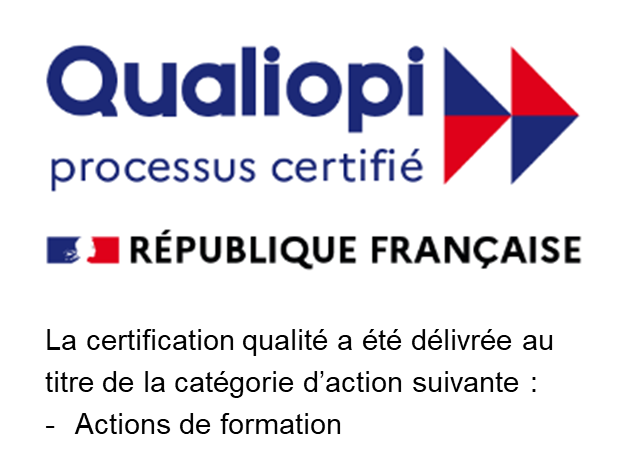During a recent conversation with one of our senior consultants who has a specialty in supporting relocating partners within the Oil & Gas industry, shared with me the challenges that many partners were facing as they competed for jobs within a hiring environment that has been hit harder than most because of Covid-19. And these challenges are not exclusive to Oil & Gas hubs and cities around the globe.
Many industries have been impacted by the global pandemic and with talent mobility continuing at a pace to move the right person to the right place at the right time, relocated partners are often finding themselves in new and unfamiliar locations with tough local competition for available career opportunities.

















